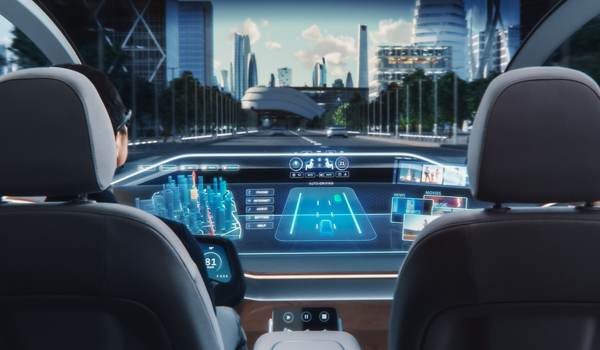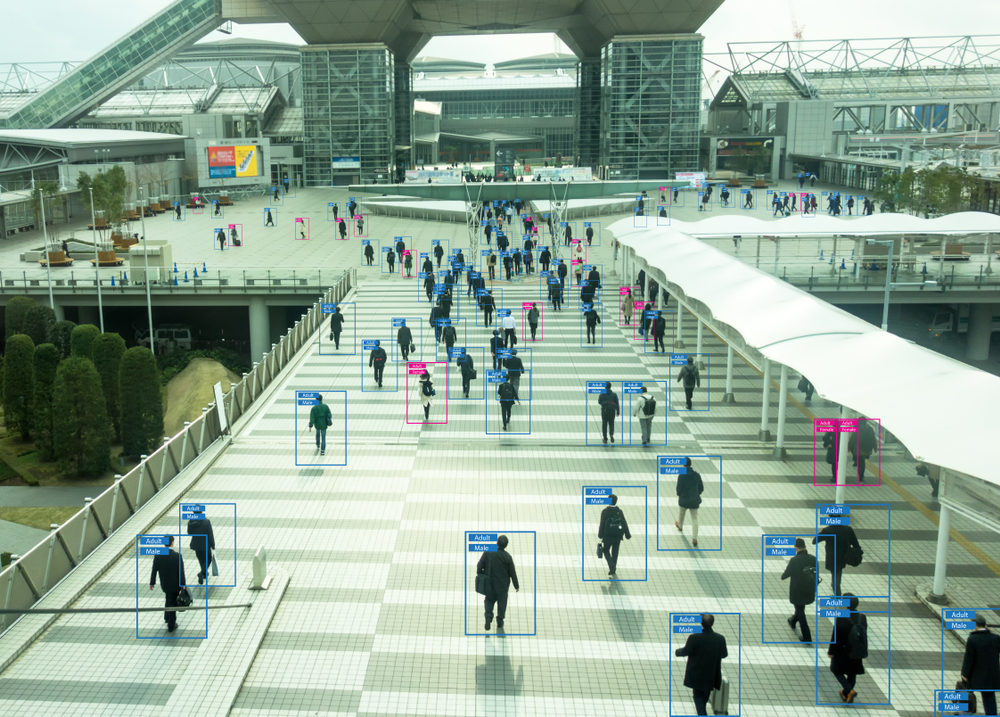


TORONTO - Scripting in Python for a voice assistant - whose instructions are handled based on a user’s needs - is fairly simple as it is a growing language with different prebuilt libraries. This method of converting speech into text, called speech recognition, is commonly used in Alexa and Siri and other voice assistants. In Python, an application programming interface called Speech Recognition enables conversion of speech into text. For my team and I, making our assistant for a car infotainment system was an exciting task that made it easier to send emails without typing, run a Google search without a browser, play music, open one’s favorite integrated development environment with a single voice command, and perform many other daily tasks.
Technological advancements are already such that voice assistants now perform any task equally as effectively as humans - and sometimes do better at articulating them too.
This project - whose main activities were playing music, detecting weather, finding locations, searching Wikipedia, sending emails, tuning in to audio news and playing audiobooks - quickly made apparent that artificial intelligence (AI) is decreasing human effort and saving time in every field. The fundamental question thus is: How is this an AI? The virtual assistant (VA) for the infotainment system my team and I developed is more the output of a collection of statements rather than AI. At its core, the purpose of an AI computer is to execute tasks more effectively than a human. The VA my team and I came up with is not a great example of AI, but still has various noteworthy abilities.
Introduction
The car infotainment system has become much more intellectual in recent years and now handles many functions of a modern car. Many cars use a single screen
The content herein is subject to copyright by The Yuan. All rights reserved. The content of the services is owned or licensed to The Yuan. Such content from The Yuan may be shared and reprinted but must clearly identify The Yuan as its original source. Content from a third-party copyright holder identified in the copyright notice contained in such third party’s content appearing in The Yuan must likewise be clearly labeled as such. Continue with Linkedin
Continue with Linkedin
 Continue with Google
Continue with Google











 1399 views
1399 views






